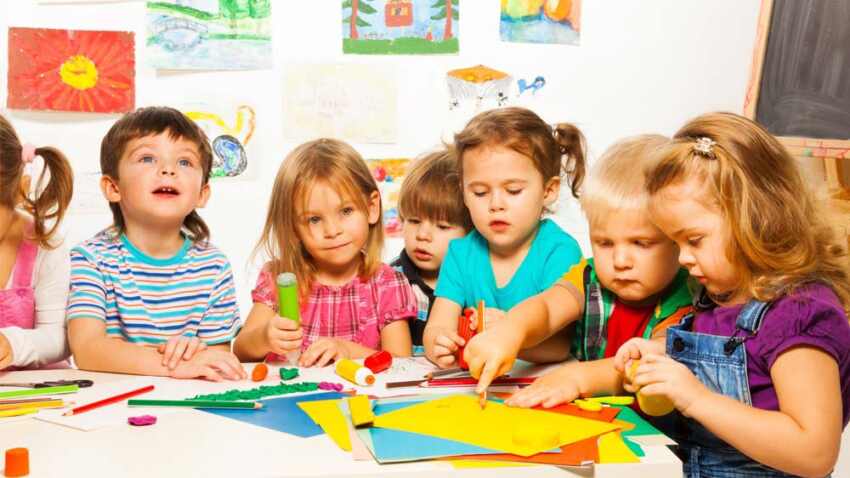The Science Behind Montessori Education: This educational method focuses on empowering children to become independent learners by providing them with an environment that nurtures their natural curiosity and allows them to explore at their own pace
Montessori education, developed by Dr. Maria Montessori, has gained significant popularity worldwide due to its unique approach and evidence-based success in the classroom. This educational method focuses on empowering children to become independent learners by providing them with an environment that nurtures their natural curiosity and allows them to explore at their own pace. The effectiveness of Montessori education is backed by scientific research, which sheds light on the science behind its success.
Neuroscience and the Montessori Method
Neuroscience research has highlighted the significance of the early years in brain development. The Montessori method takes advantage of this critical period by providing children with stimulating, hands-on activities that engage their senses. Research has shown that multisensory experiences aid in the formation of strong neural connections, enhancing memory retention and learning outcomes. The multisensory materials used in Montessori classrooms, such as the iconic pink tower and sensorial materials, assist children in building a robust foundation of knowledge.
Child-Centered Approach and Executive Function Skills
Montessori education encourages a child-centered approach, where each child is treated as an individual with unique needs, interests, and abilities. This approach fosters the development of executive function skills, which are crucial for success in school and beyond. Executive function skills include self-control, attention regulation, problem-solving, and working memory, among others. Studies have demonstrated that Montessori education promotes the development of these executive function skills in children, providing them with a strong foundation for future academic and personal success.
Freedom within Limits and Intrinsic Motivation
The Montessori method emphasizes on giving children freedom within limits. This means that children have the freedom to choose their activities, work at their own pace, and follow their interests, all within the structure of the classroom environment. This approach taps into intrinsic motivation, which has been proven to lead to deeper learning and a greater sense of satisfaction. Intrinsic motivation is driven by the individual’s internal desire to learn and explore, rather than external rewards or punishments. Montessori education nurtures this intrinsic motivation, ultimately leading to a lifelong love for learning.
Social and Emotional Development
Montessori classrooms promote social and emotional development through mixed-age groupings. Younger children learn from older peers and are challenged to reach higher levels of understanding. Older children develop leadership skills and empathy as they assist younger children in their learning. This dynamic fosters a sense of community, cooperation, and respect. Research has shown that Montessori-educated children exhibit stronger social and emotional skills, including greater empathy, cooperation, and problem-solving abilities.
Individualized Learning and Mastery
In a Montessori classroom, teachers observe and assess each child’s individual progress and provide materials and activities tailored to their specific needs and interests. This individualized learning approach ensures that children are constantly challenged and engaged, leading to a deeper understanding of concepts. Montessori education promotes mastery of skills and subjects rather than simply covering a set curriculum. Research has found that children in Montessori programs demonstrate higher levels of academic achievement and show greater persistence when faced with challenges.
The science behind Montessori education provides compelling evidence for its success in the classroom. Neuroscience research supports the use of multisensory materials, while studies demonstrate the development of executive function skills, intrinsic motivation, social and emotional skills, and academic achievement in Montessori-educated children. The evidence-based approach of Montessori education continues to inspire educators and parents globally, reinforcing the importance of providing children with a nurturing, self-directed, and enriching learning environment.
Nidhin
For More Details Call: +917510220582
